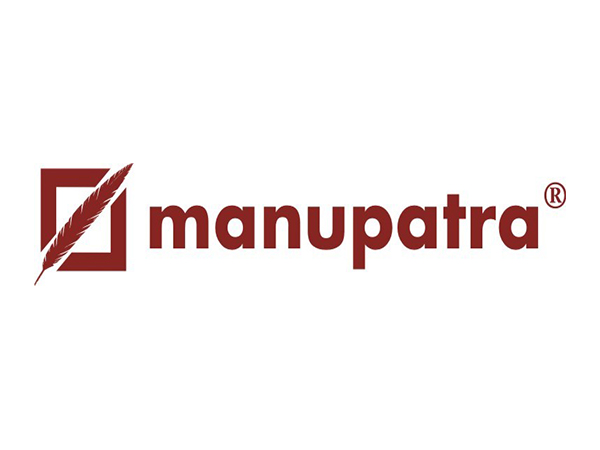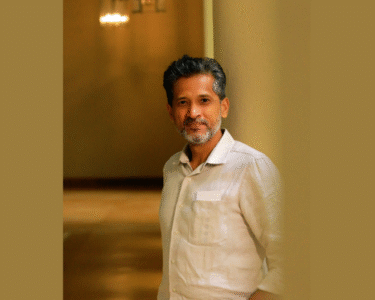New Delhi [India], June 2: Manupatra continues to spearhead technological advancement in India’s legal sector. Through regular interaction with lawyers and law students, we gain deep insight into how emerging technologies are transforming legal work in the country.
In recent times, artificial intelligence has become increasingly embedded in everyday life, impacting both personal routines and professional responsibilities. Within the legal industry, AI tools are showing clear promise—enhancing research capabilities, assisting in drafting, and improving efficiency in case and contract management. However, some concerns have emerged, with AI occasionally generating inaccurate or fictitious legal content.
To better understand how AI is being applied in the legal space, Manupatra conducted a first-of-its-kind, nationwide survey focused on the extent of AI usage and awareness in India’s legal community. The findings offer a detailed view of the current landscape, helping to highlight challenges, gaps, and the steps needed to promote ethical and effective use of AI. These insights are intended to support policymakers, practitioners, and institutions as they navigate the future of legal tech.
Manupatra is now releasing its comprehensive survey report titled “Adoption of AI in the Indian Legal Landscape,” based on responses from 227 individuals across the legal profession—including students, litigators, in-house counsels, law firm partners, faculty, and members of the judiciary.
Key Findings:
Young Professionals Lead Engagement: 60% of respondents were aged 18–34, with law students (36.6%) and advocates (23.8%) forming the largest segments—indicating strong interest among early-career legal professionals.
AI Usage on the Rise: Nearly 60% of respondents have used AI tools in the past year, primarily for research (77.9%), summarizing legal content (65.7%), and drafting support (54.7%).
Time Saved, But Verification Needed: While 79.7% saw time savings on repetitive work, only 4.1% fully trusted AI outputs without oversight, and 48.8% required human review before using AI-generated material.
Persistent Pain Points: 58.1% highlighted unreliable results, 51.2% cited hallucinated content, and 42.4% mentioned the lack of India-specific legal context.
Need for Governance: Although 77.1% supported disclosure of AI use in legal services, just 11% reported having an official AI policy at their workplace.
Top Concerns Raised:
Inconsistent AI Output (58.14%): Over half reported that AI tools produced inaccuracies or misleading content.
Data Protection Risks (47.67%): Many participants expressed concern over maintaining confidentiality and protecting client data.
Limited Local Relevance (42.44%): Tools trained on global data often failed to reflect nuances specific to Indian legal systems.
Ethical Responsibility (38.37%): Respondents pointed to risks related to accountability, fairness, and professional standards.
Training and Tool Awareness (40.12% & 34.30%): Lack of formal training and limited exposure to available AI tools were major barriers to broader usage.
What the Future Holds:
Adoption Timeline Expectations: 35.68% believe AI will be mainstream in legal work within 1–2 years, while just 3.96% expect it will take more than five years.
Balanced Optimism: 46.25% see AI’s role as largely positive, 18.06% view it as transformative, and 45.37% strike a cautious balance, noting both benefits and challenges.
Call for Support Systems: Key priorities include structured training (67.40%), access to trial tools (66.52%), and clear policy guidance from regulatory bodies (47.58%).
AI as an Assistant, Not a Decision-Maker: Most believe AI will aid in drafting and research tasks, but legal judgment and accountability must remain human.
About Manupatra:
Manupatra is India’s leading provider of legal, regulatory, and business research tools. Since launching India’s first online legal research platform in 2000, the company has built the most comprehensive digital legal library in the country. With powerful AI and machine learning features, Manupatra helps lawyers, judges, legal teams, and students access and interpret legal information quickly and accurately. Trusted across the legal industry, Manupatra continues to combine deep legal expertise with smart technology.





